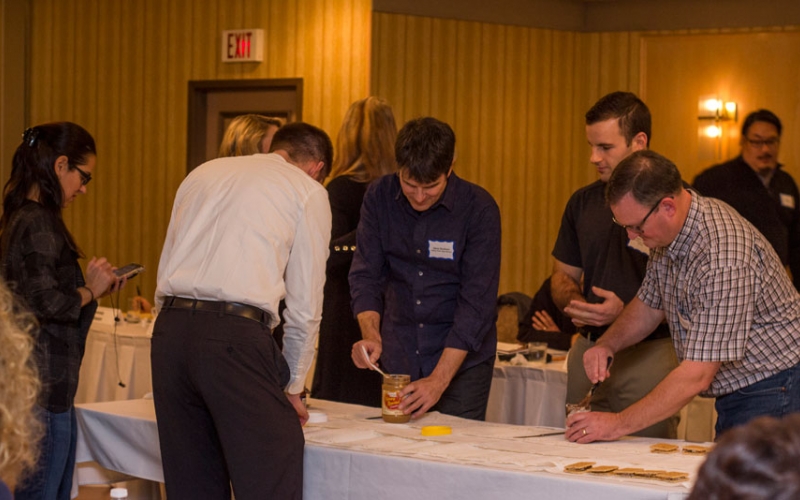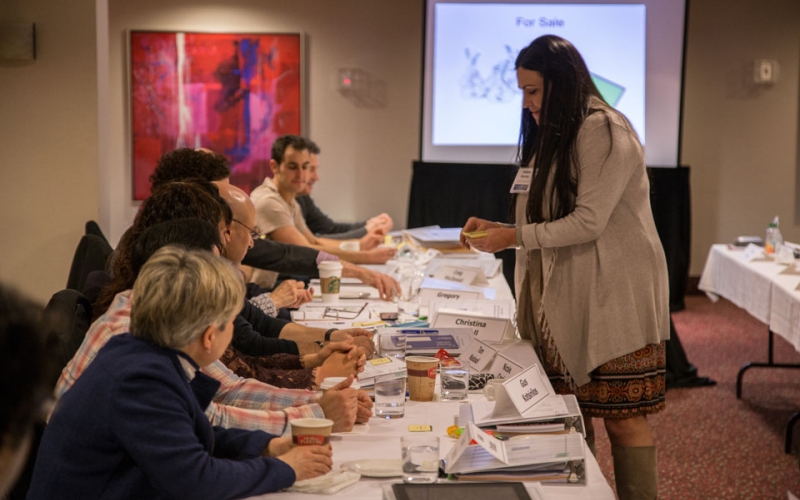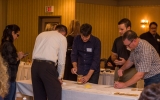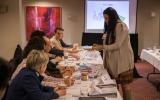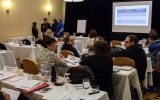
About the Event
How do we measure economic inequality in Canada? Why does it matter? What causes it? These important questions are addressed in the Fraser Institute’s in-person teacher workshop, Understanding Poverty and Inequality.
At this workshop we will examine the differences between poverty, inequality, income, income mobility and wealth. With clear definitions, timely resources and easy-to-implement activities, you will leave with an understanding of what is meant by “rich” and “poor” in Canada and around the world.
This workshop will cover a selection of the lessons included in the eight lesson plan set that you will be able to take home with you to facilitate with your class. During this in-person presentation, you will be able to engage in live activities and discussions with your colleagues and the workshop facilitator. The lesson plan set will be available in both a physical booklet as well as online, downloadable files.




